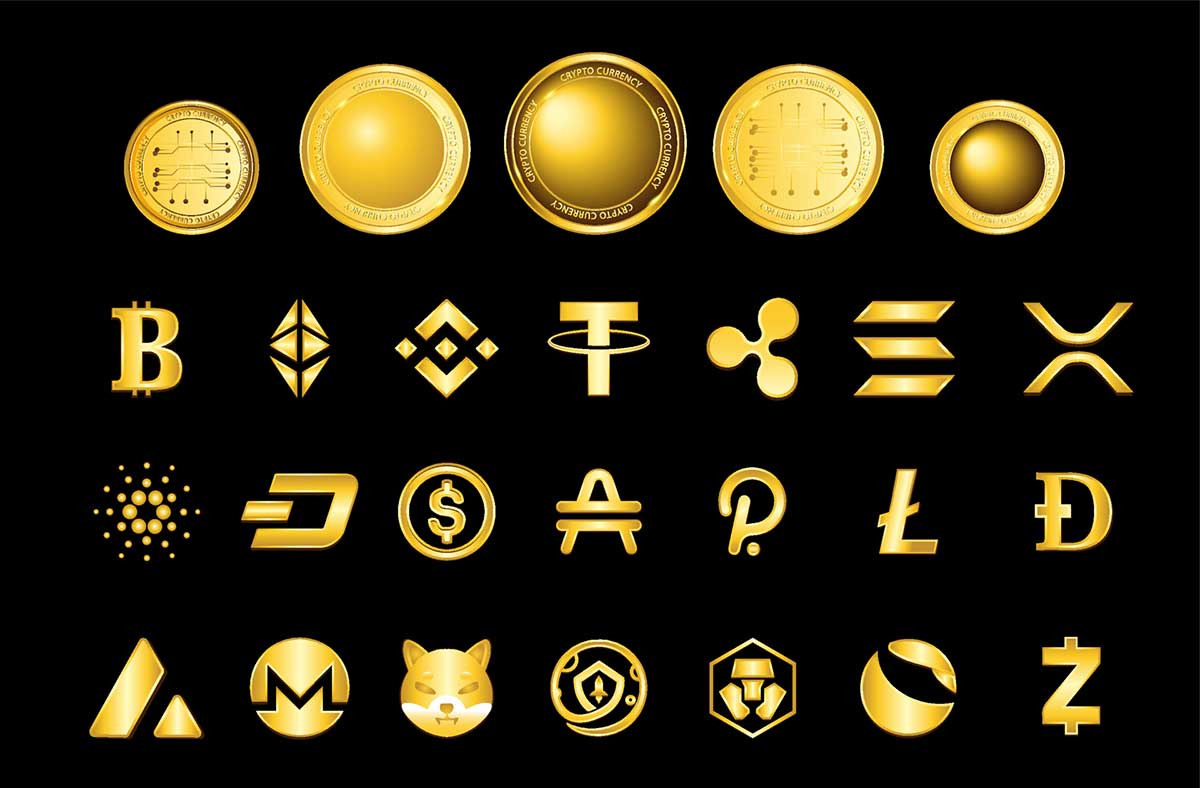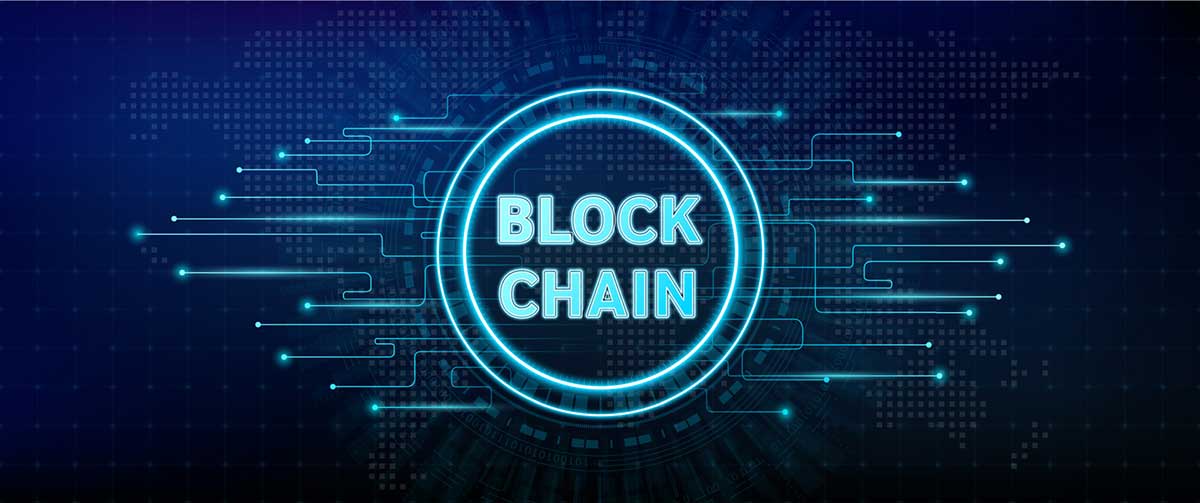What is Decentralization in Blockchain: A Beginner’s Guide.
Decentralization in blockchain refers to the distribution of data among various nodes in a network, rather than being controlled by a central authority. This allows for transparency, security, and eliminates the need for intermediaries in transactions.
Decentralization allows for the creation of a trustless system, where individuals can interact and transact without relying on a central entity to verify and validate their actions. With the rise of blockchain technology, decentralization has become a key aspect of many industries, from finance to supply chain management.
In this article, we will explore the concept of decentralization in blockchain, its benefits, drawbacks, and real-world applications. We will also delve into the role of nodes, consensus mechanisms, and the challenges faced in achieving true decentralization.

Credit: www.appventurez.com
What Is Decentralization?
Decentralization is a fundamental concept of blockchain technology. At its core, it refers to the distribution of power, control, and decision-making across a network of independent participants. This means that no single entity or person has complete authority over the network, and all members have an equal say in its governance and development.
In this section, we’ll explore the definition of decentralization, the differences between centralization, decentralization, and distributed systems, and the benefits of decentralization in blockchain.
Definition Of Decentralization
Decentralization is a process by which power and control are shared among multiple parties, creating a distributed network without any central point of authority. In the context of blockchain, this means that the network is sustained and maintained by a large group of participants, rather than a single entity or central authority.
This allows for greater transparency, security, and reliability in a decentralized network, as no single participant can manipulate the system or control the data.
Explanation Of Centralization Vs Decentralization Vs Distributed Systems
Centralized systems, as the name suggests, are those in which all power and control are concentrated in the hands of a single entity or authority. This can lead to scalability issues, lack of transparency, and vulnerability to attacks or manipulation.
On the other hand, distributed systems are those in which power and control are shared among multiple parties, but a central entity or authority still exists to oversee the network. Decentralized systems, however, are those in which power and control are distributed across a network of independent participants in a way that makes it difficult for any single entity to control the network.
Benefits Of Decentralization In Blockchain
Decentralization is a key feature of blockchain technology that offers numerous benefits over traditional centralized systems. These include:
- Greater transparency: Because no single entity has complete control over the network, it becomes much harder to manipulate data or hide important information from other participants.
- Increased security: Decentralized networks are more secure because the absence of a central point of control makes them less vulnerable to hacking, tampering, or other malicious attacks.
- Improved reliability: In a decentralized network, if one participant fails or goes offline, the network can still function normally thanks to the contributions of all other participants. This makes it more resilient and reliable than a centralized network that relies on a single point of failure.
- Enhanced privacy: Decentralized networks often provide greater privacy to participants by allowing them to control their own data and limiting the amount of information that is shared with other parties.
Decentralization is a vital concept in blockchain technology that enables the creation of decentralized networks that are transparent, secure, reliable, and private. Understanding the benefits of decentralization is essential for anyone interested in the future of blockchain and its potential applications in virtually every industry.
Decentralization In Blockchain
Decentralization in blockchain:
The term ‘decentralization’ holds significant importance in the world of blockchain. It refers to a distributed network of computers or nodes that process and validate transactions without the need for intermediaries. This creates a secure and transparent system where all users have an equal say.
While decentralization may seem a complicated subject, let’s explore it further under the following h3 headings:
How Decentralization Works In Blockchain
Decentralization in blockchain is achieved through a peer-to-peer network of nodes. Each node receives a copy of the blockchain and can participate in creating new blocks, verifying transactions, and adding blocks to the chain. The nodes maintain the integrity of the blockchain by reaching a consensus before adding a new block, ensuring that all nodes on the network have the same information.
Nodes And Their Roles In Decentralization
Nodes are the most crucial components of a decentralized network in blockchain. They play the following roles:
- Verify transactions
- Propagate transactions across the network
- Create new blocks by solving cryptographic problems
- Participate in reaching a consensus to validate the transactions
These actions help maintain the integrity of the blockchain, ensuring that no single entity can control it.
Consensus Protocols And Decentralization
In a decentralized network, it’s vital to have a consensus mechanism to ensure that all nodes validate transactions. Different consensus protocols are used in blockchain, such as proof of work (pow), proof of stake (pos), and delegated proof of stake (dpos).
In pow, nodes compete to solve complex mathematical equations to add a new block to the chain. On the other hand, pos and dpos rely on the stake of nodes to add a block to the blockchain.
Benefits Of Decentralization In Blockchain
Decentralization in blockchain offers several benefits, including:
- Resilience against attacks
- Transparency and immutability
- No government or centralized entity control
- Cost-effective transactions
- Independence of users
- Enhanced privacy and security
Decentralization is crucial in blockchain, as it creates a distributed network without the need for intermediaries. Consensus protocols ensure that all nodes validate transactions, creating a secure and transparent system. Decentralization offers several benefits, including resilience against attacks, cost-effective transactions, and enhanced privacy and security, making it a vital aspect of blockchain technology.
Decentralized Applications (Dapps)
Decentralized applications, commonly known as dapps, are computer applications that are built on the blockchain network. Unlike centralized applications, dapps have their backend code running on a decentralized peer-to-peer network. Here are some key characteristics and benefits of dapps:
Characteristics Of Decentralized Applications
- Open source – dapps are open-source, which means anyone can review and contribute to the codebase.
- Transparent – since dapps run on a blockchain network, their operations are visible to the public, which promotes transparency.
- Decentralized – dapps are not controlled by a single entity or authority, making them resistant to censorship and hacking attacks.
- Autonomous – dapps use smart contracts code to automatically execute transactions without the need for intermediaries.
- Incentivized – many dapps have their cryptocurrency or token economy, which incentivizes users for their engagement and contributions.
Examples Of Popular Dapps
There are many dapps built on different blockchain networks that provide various services, including:
- Cryptocurrency wallets, such as myetherwallet, trust wallet, and atomic wallet.
- Decentralized marketplaces, such as openbazaar and particl.
- Gaming and gambling platforms, such as cryptokitties and decentraland.
- Social networks, such as minds and steemit.
- Identity verification, such as civic and selfkey.
- Supply chain management, such as vechain and waltonchain.
Benefits Of Dapps
Dapps have recently gained popularity due to their unique features, including:
- Increased security – dapps are secure because they use cryptography, smart contracts, and a decentralized network to protect against fraudulent activities and hacking attacks.
- No middlemen – since dapps don’t rely on intermediaries, transactions happen faster, and there are no transaction fees charged by third parties.
- More control – dapps give users more control over their data and assets by removing intermediaries and putting them in control of their private keys.
- Transparency – dapps promote transparency as transactions and operations are publicly visible and auditable.
As decentralized applications continue to grow, they offer a more secure, transparent, and less expensive way to build and run applications. With more dapps being developed, their potential uses and benefits will only increase in the future.
Challenging Decentralization In Blockchain
Decentralization is a crucial concept in blockchain technology. It allows for an open and transparent system by removing the need for a central authority. However, maintaining decentralization is not easy, and it comes with many challenges.
Centralization Tendencies In Blockchain
Although blockchain technology was designed to be decentralized, in practice, it is not always the case. Some tendencies towards centralization still exist. Here are some examples:
- Mining pools: Some individuals or groups control a significant percentage of the mining power, which can lead to centralization.
- Large blockchain nodes: Some large blockchain nodes have the power to control what transactions are included in the blockchain, making them crucial hubs in the network.
- Wealthy participants: Wealthy participants can control the decision-making process in the blockchain, which can result in a centralization of power.
Attacks On Decentralization
Decentralization is not immune to attacks, and ensuring its security is fundamental. Below are some examples of such attacks:
- 51% attack: In a 51% attack, an individual or group of participants gain control of the majority of the blockchain’s computational power, allowing them to control the network and possibly manipulate transactions.
- Sybil attack: In a sybil attack, an attacker creates many false identities to gain control of the network’s resources, such as computing power or voting rights.
- Eclipse attack: In an eclipse attack, an attacker controls a participant’s network connection to isolate them from the rest of the network, allowing for manipulation attacks.
How To Maintain Decentralization
Maintaining decentralization in blockchain is vital to its success. Here are some ways to keep it:
- Encouraging decentralized mining: To prevent mining pools from gaining too much power, miners can be encouraged to use smaller pools or contribute individually.
- Distributing blockchain nodes: To ensure that no single node can control the blockchain, the blockchain’s nodes should be distributed across the network.
- Implementing consensus mechanisms: Consensus mechanisms, such as proof of work, proof of stake, or delegated proof of stake, can provide a fair and decentralized method of decision-making within the blockchain.
Decentralization in blockchain is essential for a transparent and open system. However, maintaining it is not always easy. Centralization tendencies can exist, and the network can be vulnerable to attacks. It is crucial to implement ways to keep the blockchain decentralized, such as distributed nodes, decentralized mining, and consensus mechanisms, to ensure its safety and success.
Frequently Asked Questions On What Is Decentralization In Blockchain
What Is Decentralization In Blockchain?
Decentralization is the hallmark of blockchain technology, which means that there is no central authority controlling the data or information on the network. Instead, all the participants have an equal role in the decision-making process, and there is no hierarchy of power.
How Does Blockchain Achieve Decentralization?
Blockchain achieves decentralization by using a consensus protocol, which allows all the participants on the network to validate and approve transactions. This consensus mechanism prevents any single entity from controlling the network and ensures that all the participants have an equal say in the decision-making process.
What Are The Benefits Of Blockchain Decentralization?
Decentralization offers several advantages, such as increased security and privacy, immutability, transparency, and reduced transaction costs. As there is no central authority controlling the network, it is more difficult for bad actors to compromise the system, and transactions are executed more quickly and efficiently.
Are There Any Drawbacks To Blockchain Decentralization?
One of the main drawbacks of blockchain decentralization is the lack of a central authority, which can make it challenging to resolve disputes or enforce rules. Additionally, decentralized networks may require more energy to operate, which can be a concern for some users.
Is Decentralization The Future Of Technology?
Decentralization is becoming an increasingly popular trend in the technology industry, as it offers several benefits over traditional centralized systems. However, it may not be suitable for all applications and use cases, and may not completely replace centralized systems.
Conclusion
Decentralization is at the heart of blockchain technology. It is a feature that differentiates it from traditional centralized systems. The decentralized nature of blockchain eliminates the need for intermediaries, making it more secure, transparent, and resistant to manipulation. It offers users autonomy, privacy, and control over their data.
Decentralization also facilitates collaboration, innovation, and shared ownership, creating new opportunities for businesses, industries, and society as a whole. As the adoption of blockchain continues to grow, decentralization is likely to become an essential component of our digital infrastructure. Therefore, understanding decentralization is crucial for anyone interested in blockchain technology, whether as a developer, investor, or user.
As blockchain evolves, the concept of decentralization will continue to evolve with it, offering new possibilities for a more decentralized, transparent, and democratic world.







